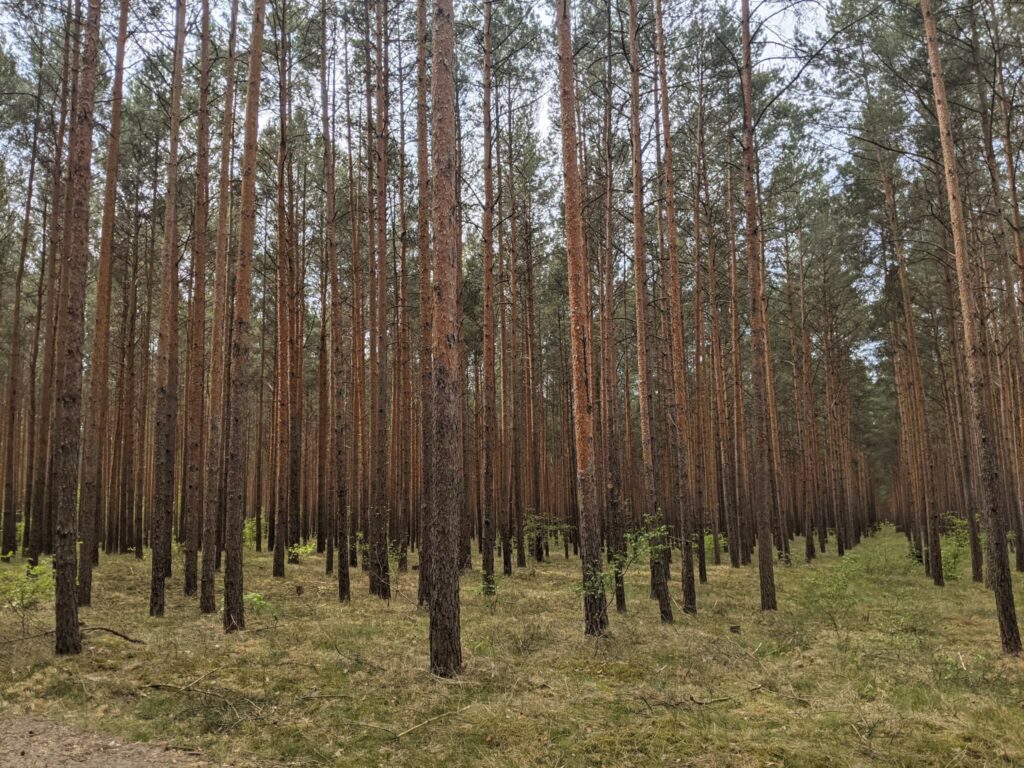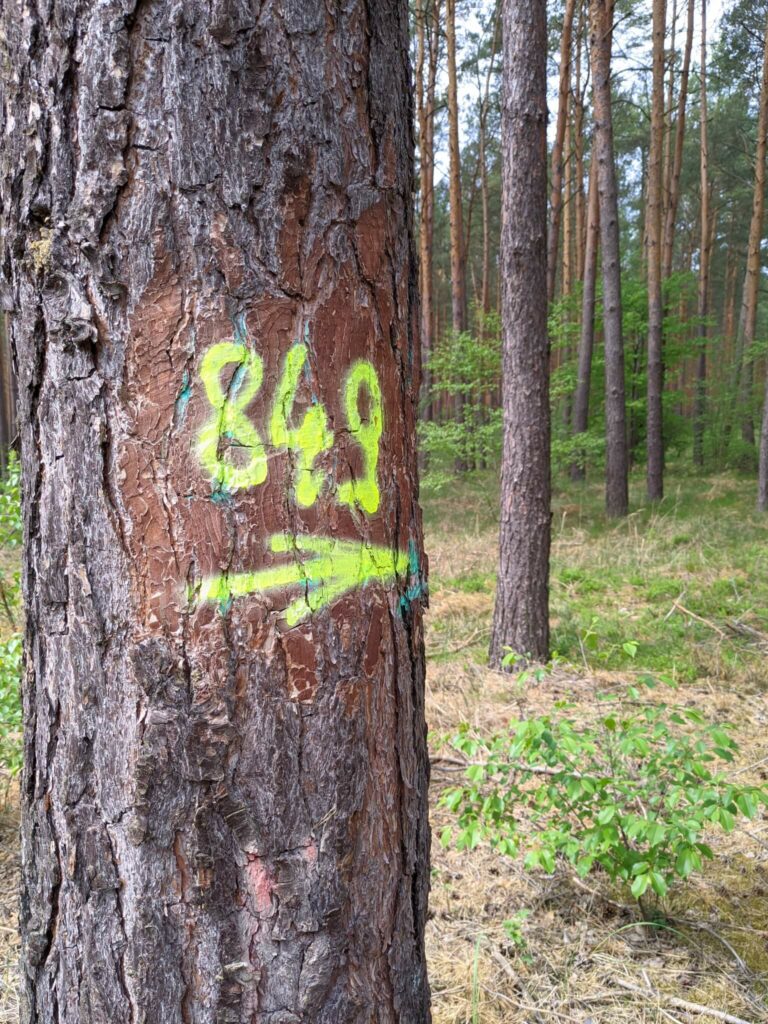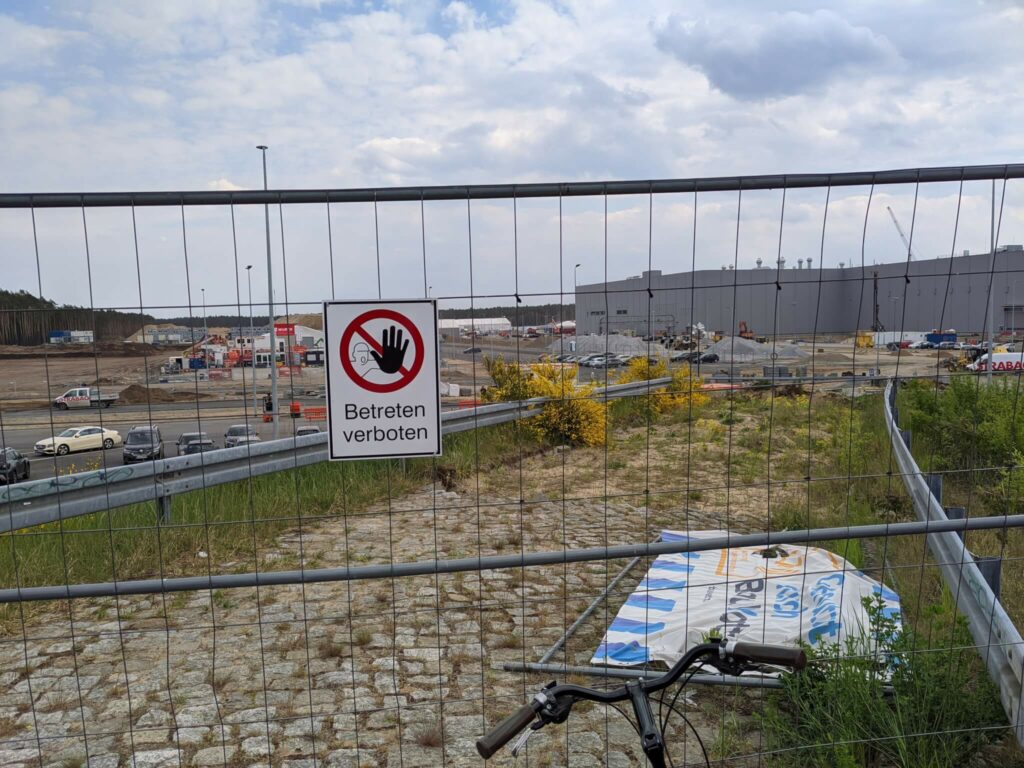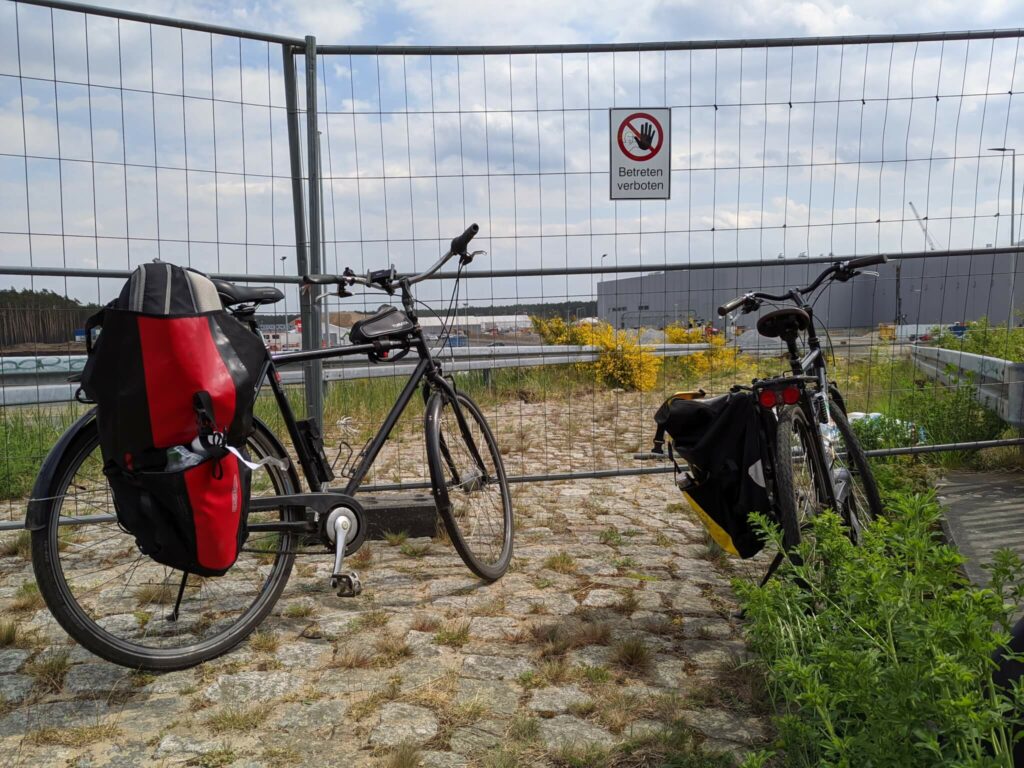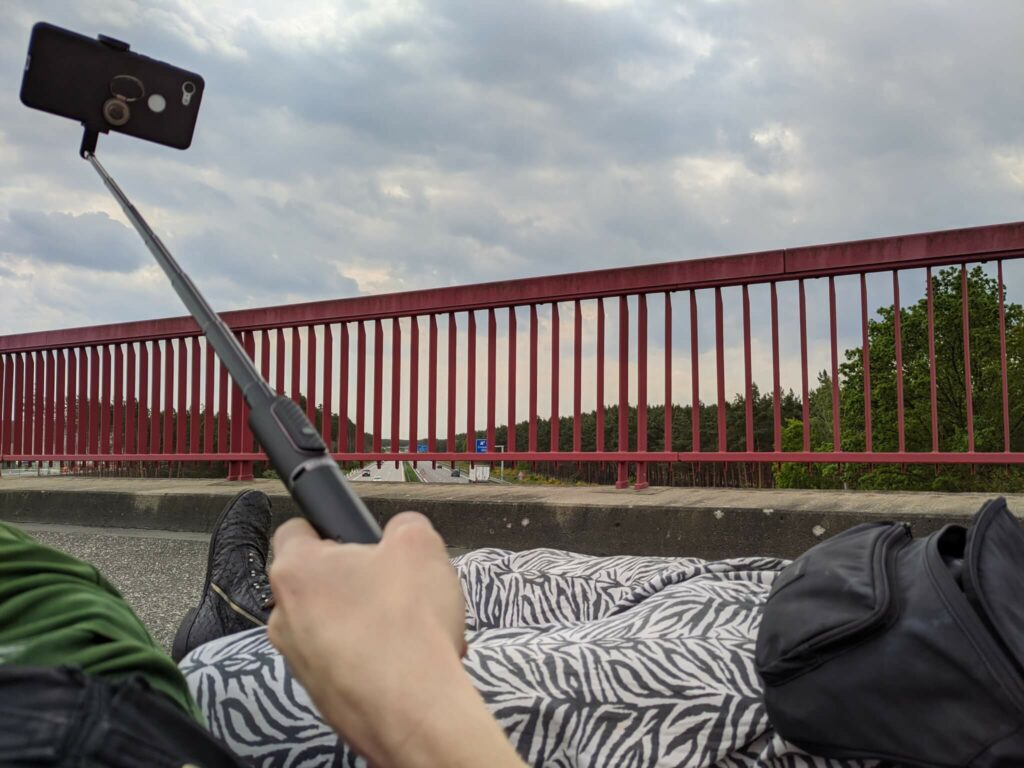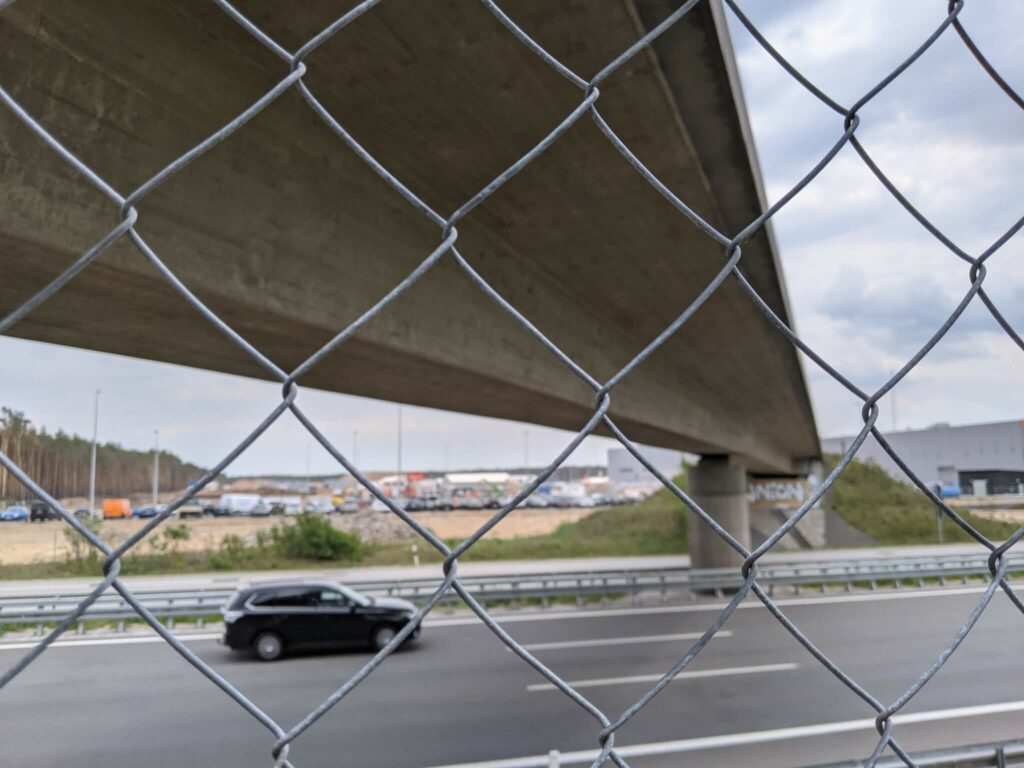Selected Documentation from Fonds Darstellende Künste #TakeHeart Residency, Kampnagel 2022
WORKSHOP – TECHNIQUES FOR AUDITORY RESISTANCE
In this periodic performance workshop, we invite any and all musicians and non musicians to take part in a conceptual mapping of a chosen area. On the 30th of June, using the garden at Kampnagel as our epicenter, we mapped our surroundings conceptually and “affectively”. We then invited participants to join us on a sound gathering walk, where we recorded 1. atmospheres 2. texts 3. “found instruments”. Ahead of the recording, we discussed how as a group we will consider consent, animacy and longevity, migration and authorship in relationship to the subjects of recording, and how our decisions will effect the way in which we undertake the recording process.
Some of the questions we considered were: Is it wrong to include humans in works of art without their consent? Why? Is it wrong to include non-human animals in works of art without their consent? Why? Is it wrong to include non-animal entities (i.e. rocks and stones) in works of art without their consent? Why? Is consent important in field recording ? Why? How will we gain consent from humans and nonhuman animals ? Can we do something performative to “ask” consent when there is no shared language? Is there something else we can do ? What actions will we take before recording a sound? How will be know when one person decides to begin recording sound? Is there violence in individuation when we have to decide who is the author of each sound and ask consent of that author?
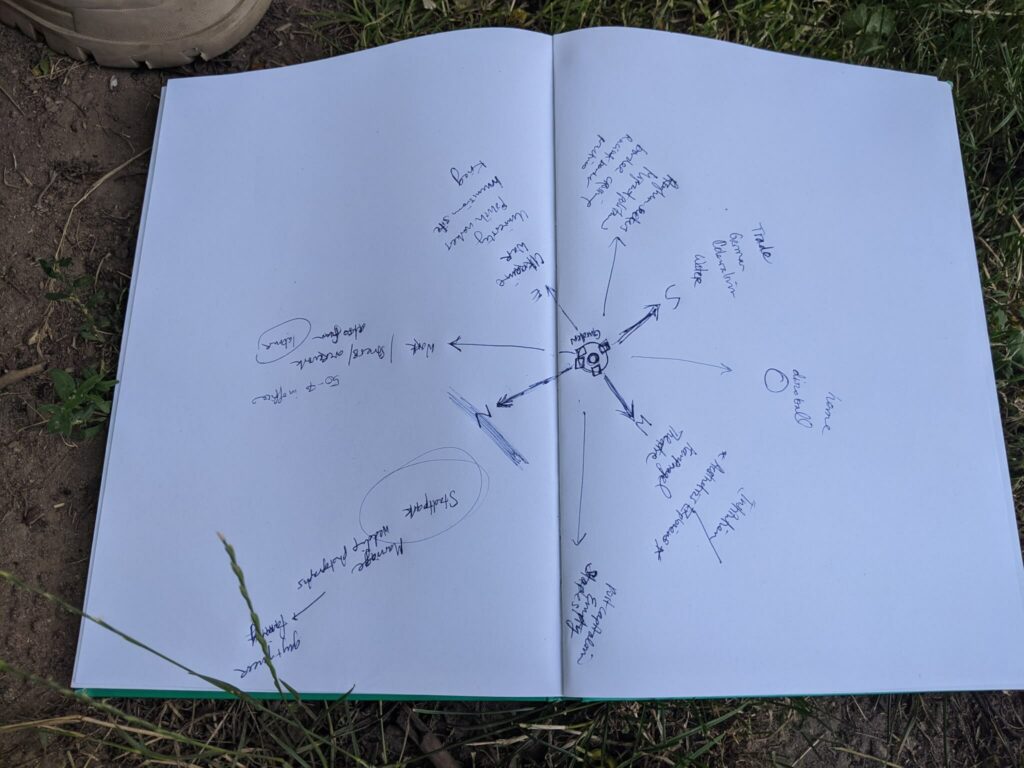
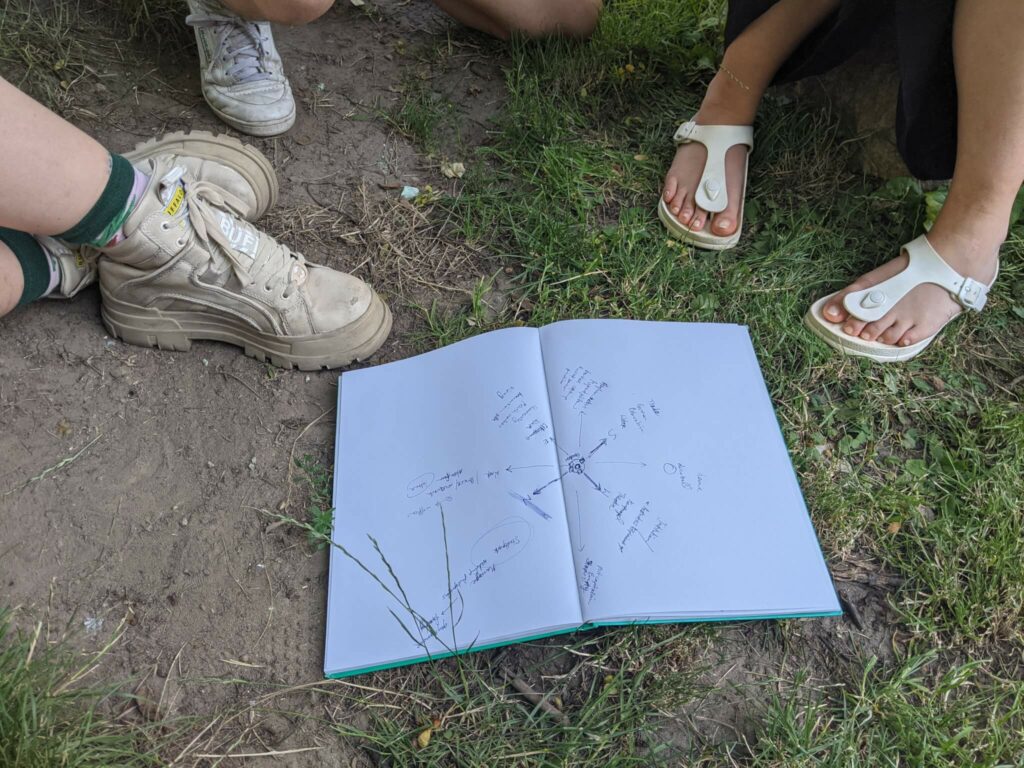
DAILY SCORE – THE LIVING TEXT
The living text is the skeleton of what we would like a theatre piece to look, a theatre piece which attempts to refuse extraction from each other or itself. It is a text which we acknowledge as having a life of its own; therefore, it resists even our authorship. We acknowledge that we set it into motion and attempt to give breath to it, but eventually even the text will float away.
The Living Text writing practice score looks like this:
- write for two hours every day, for 40 days of the residency
- let the processes of research on extraction that you have already done inform what you understand performance to be or to be able to be
- as you write, allow the processes to be performances and the performance to be a process.
- as your write, remember that the writing is part of the process, so it, too, is a performance
- try to write one of the following: 1. score 2. scene 3. prose 4. resource
- writing in the language “markdown”, begin to compile a git repository, one which we hope will eventually become opensource. This will allow the text to be constantly written and rewritten. Through forking it will be possible for other manifestations or collectives to branch off from early iterations of this performance concept and to reformulate the texts at will
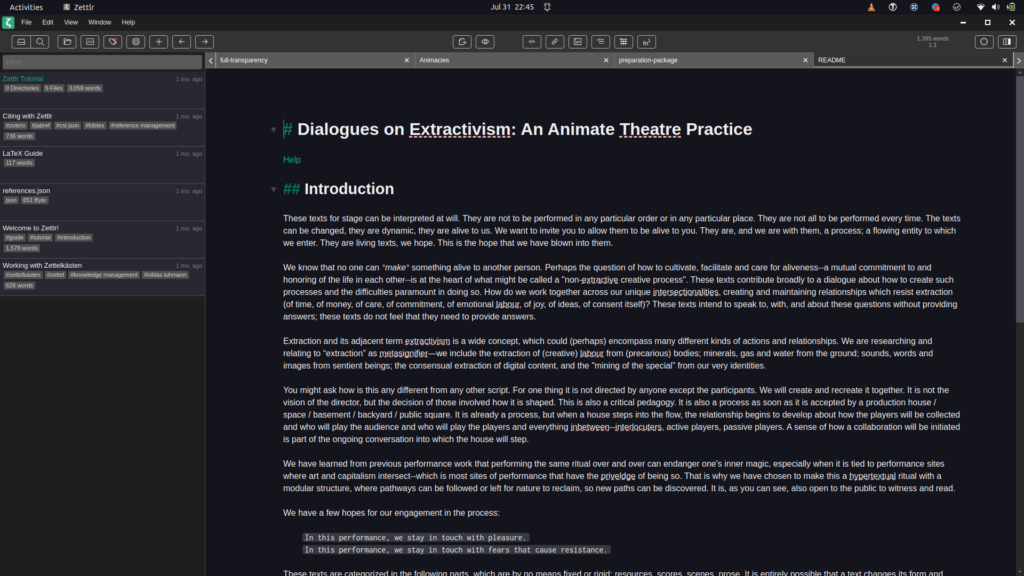
PERIODIC SCORE – TALK TO SOMEONE WHO KNOWS
- make a list of people who we are interested in talking to about “art and extractivism”, including those whose work we find affinity, new and old collaborators, strangers whom we have read or heard or like their work
- compose a thoughtful and person email inviting them to a recorded conversation, reminding potential interviewees of our compendium of tactics when recording
- arrange a date and time with those who respond positively
- arrange a translator where necessary
- research platforms for properly recording two sides of the conversation separately
- send a reminder
- make a list of possible questions
- record a one hour conversation with the person
- aftercare: send the recording and transcript to the person we spoke to and thank them
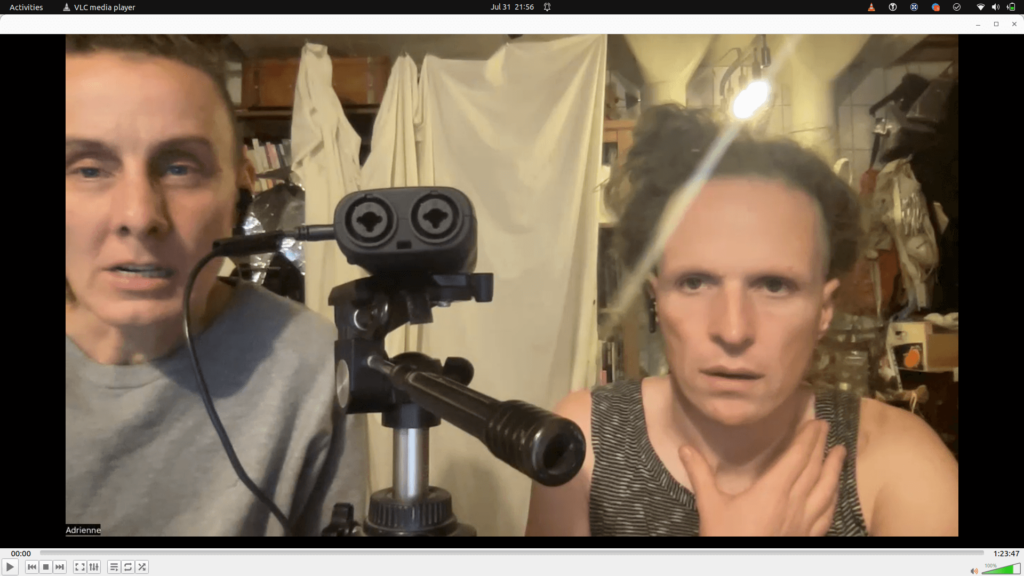
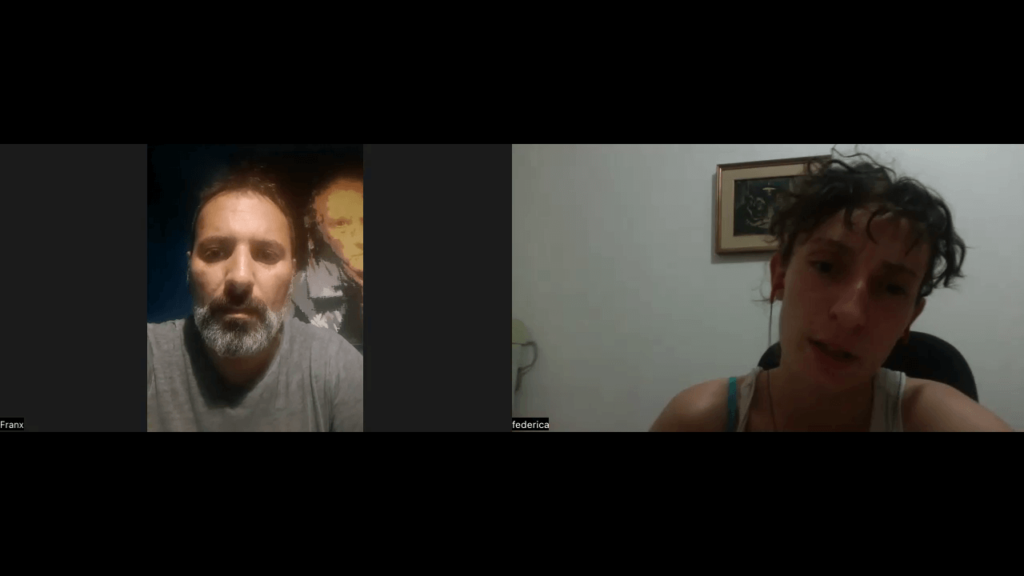
DAILY SCORE – FULL TRANSPARENCY
Research one thing that’s on, in, or facilitates your body, each day, for 40 days
- take a photograph of yourself. Try to include your full body
- let the photograph help you visualize all the things you see on your body
- list them
- looking at all the things on your body, start to think about all the things you don’t see but that are also on or in your body
- list them
- thinking about all those things that you don’t see, think about things which are not “things” but perhaps processes and energies that facilitate those things
- list them
- choose one of the things on your list to investigate and one of them
- write your findings out on an index card
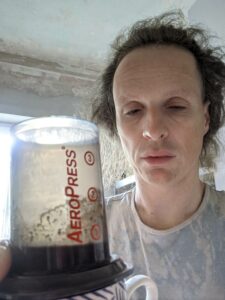
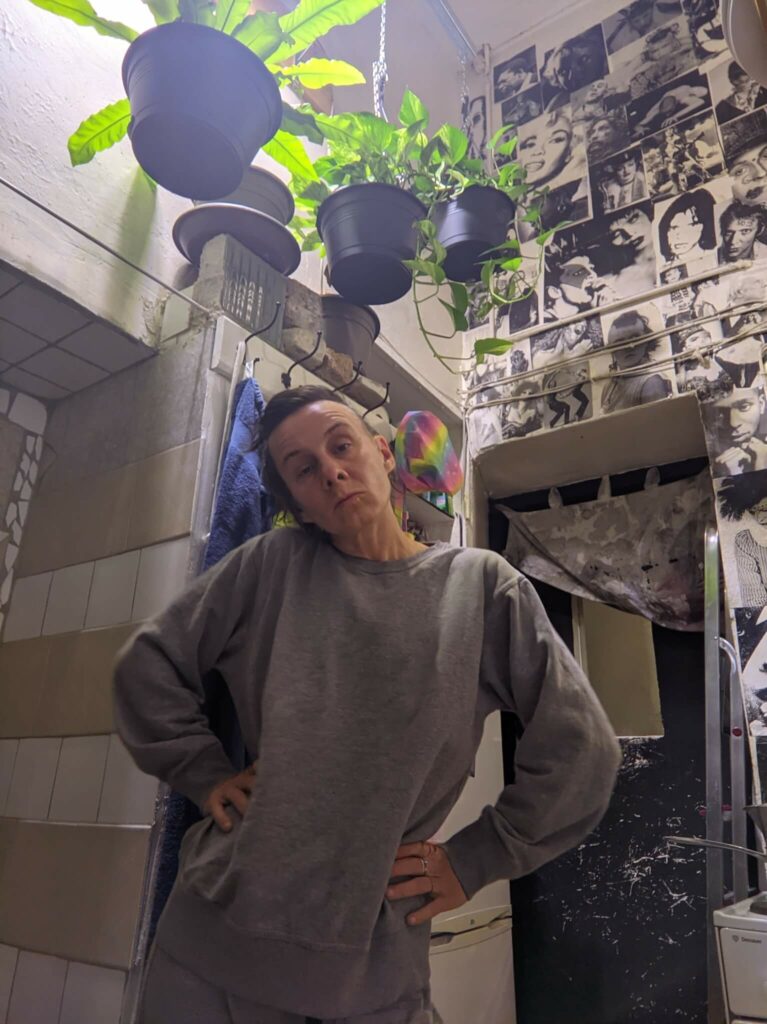
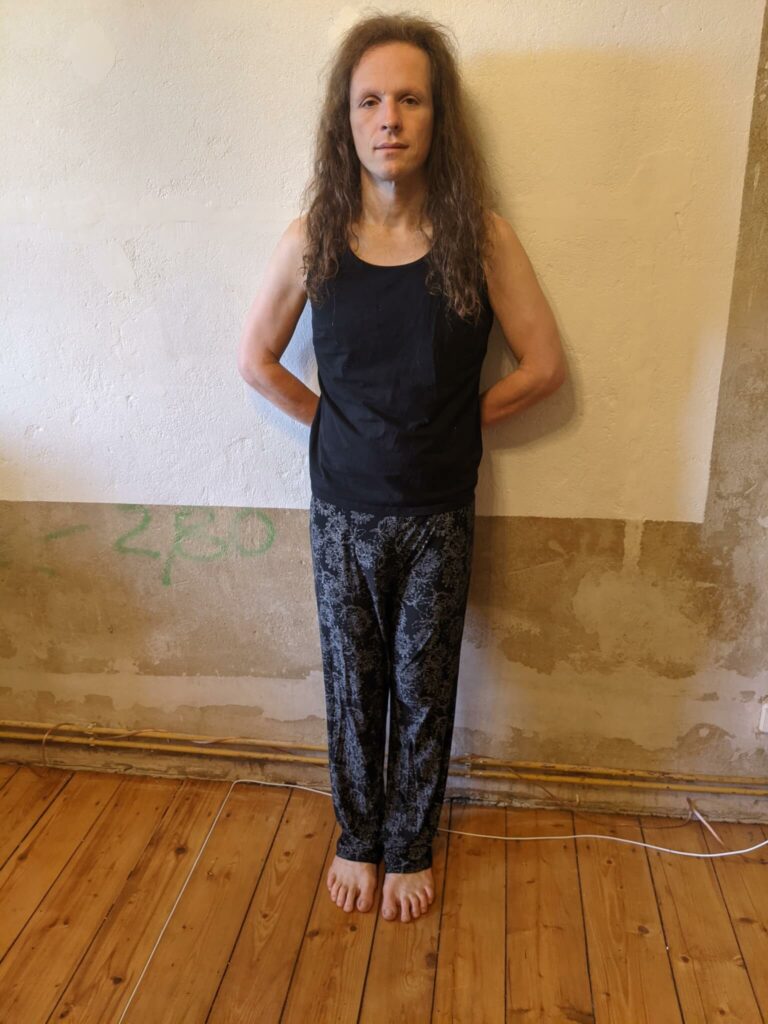
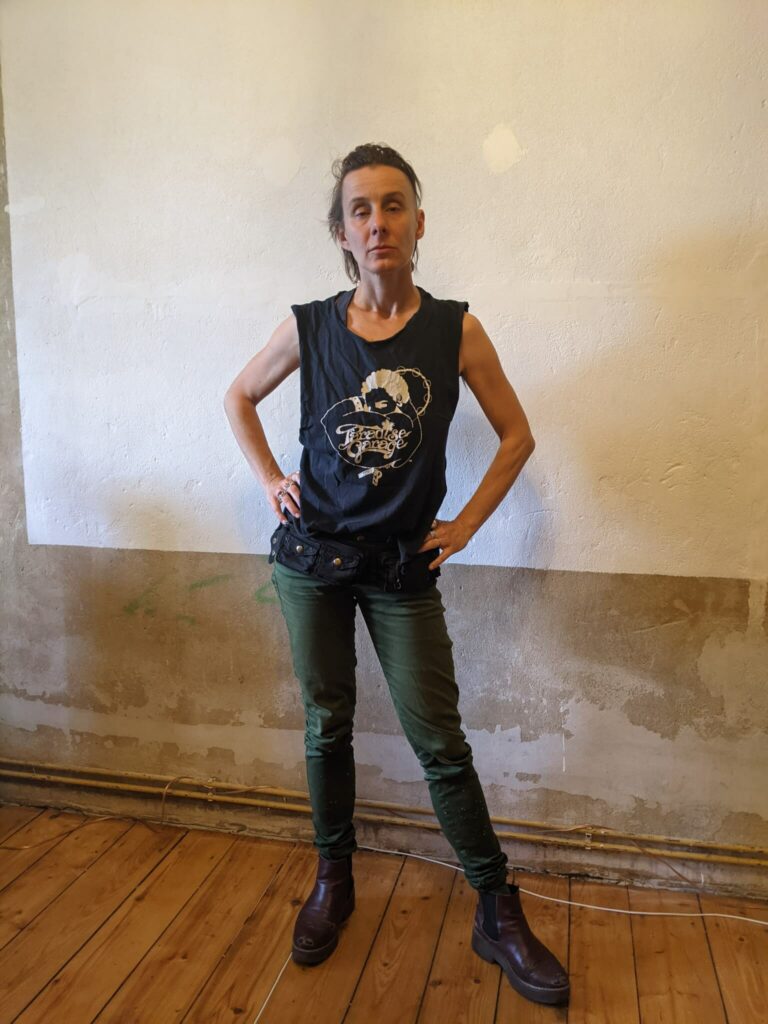
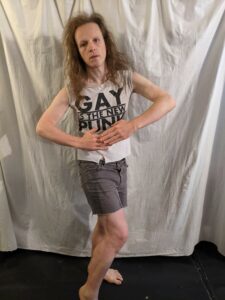
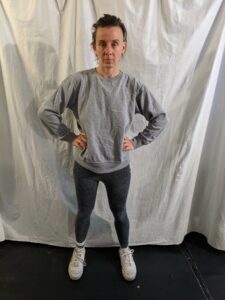
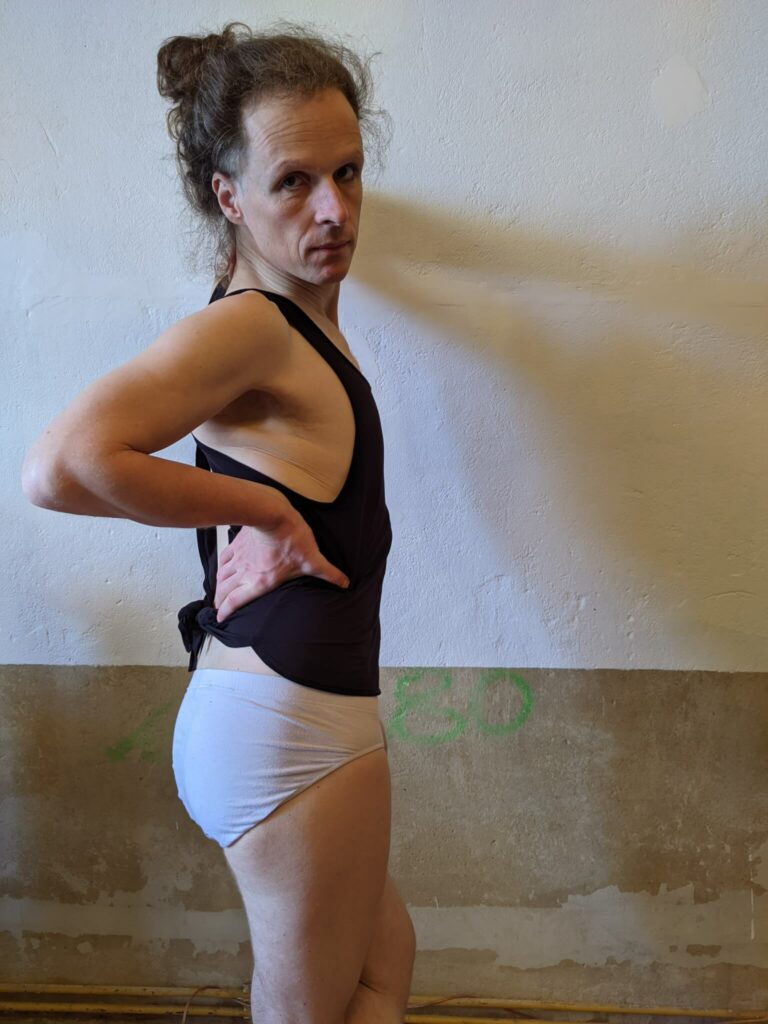
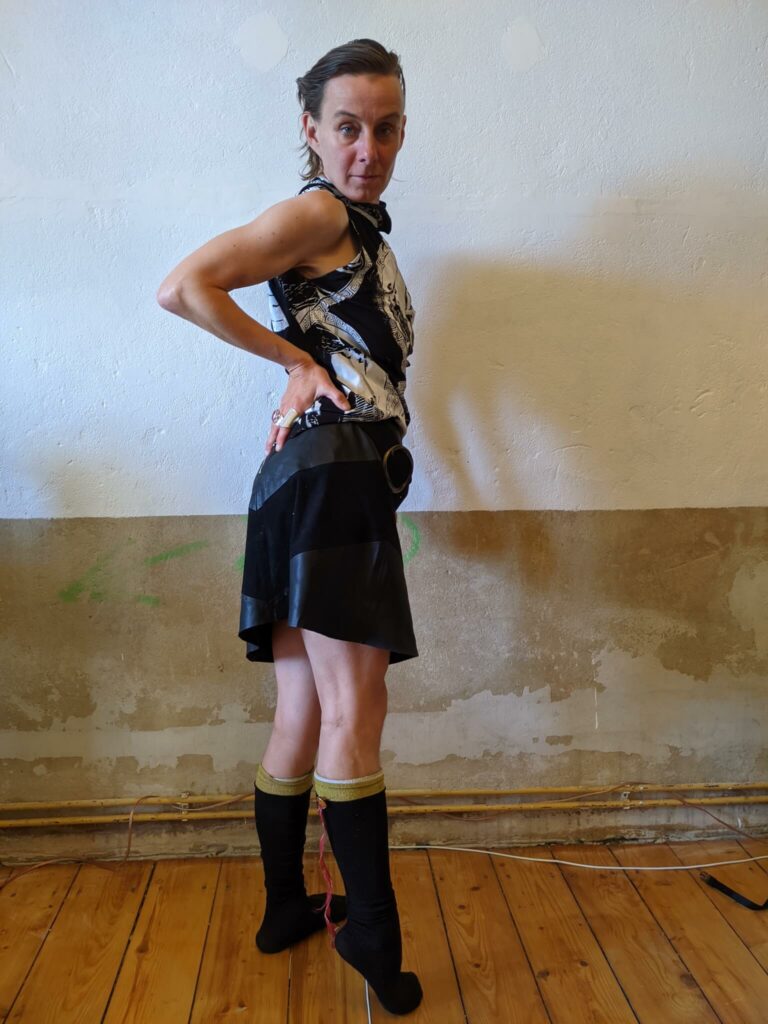
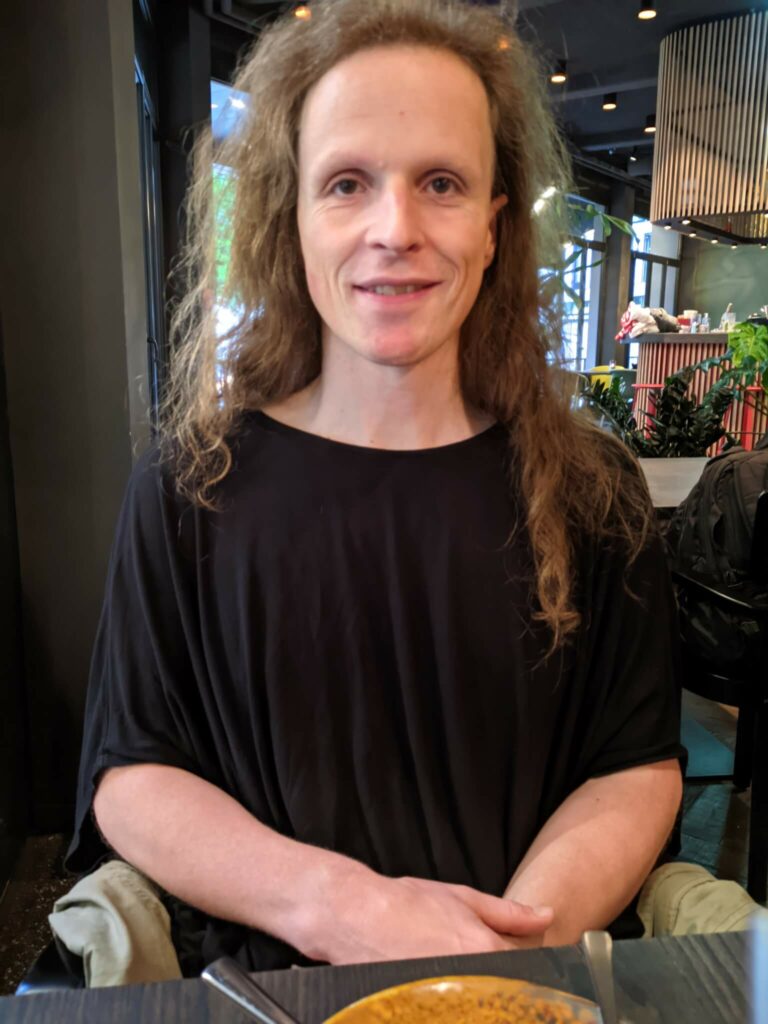
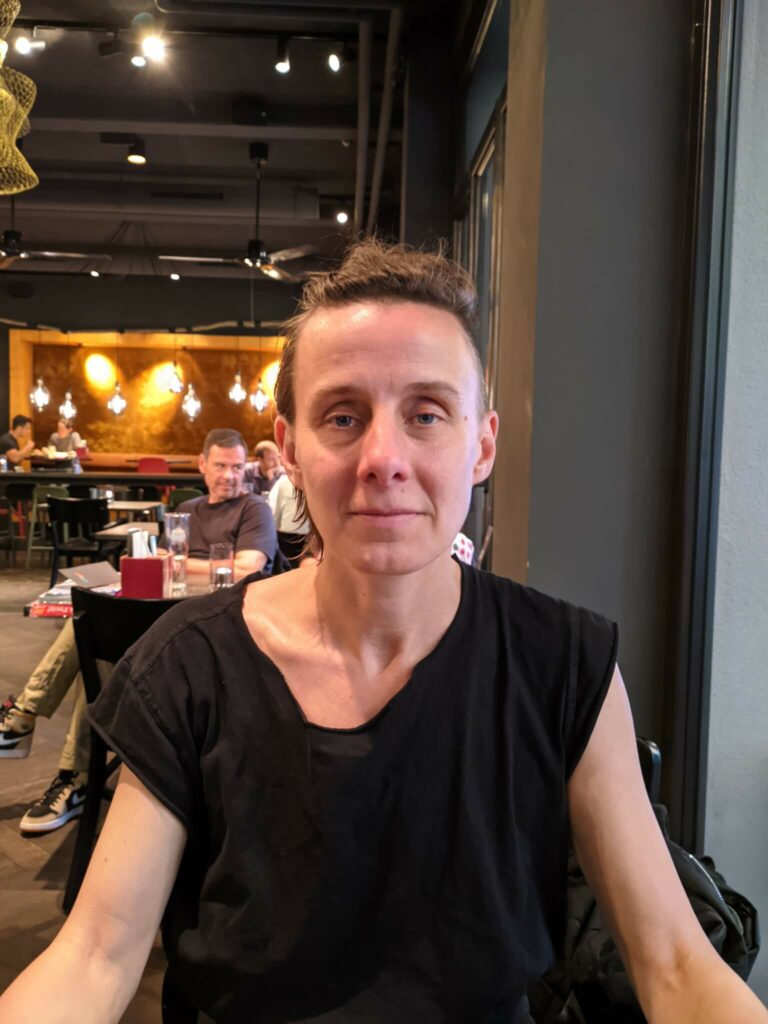
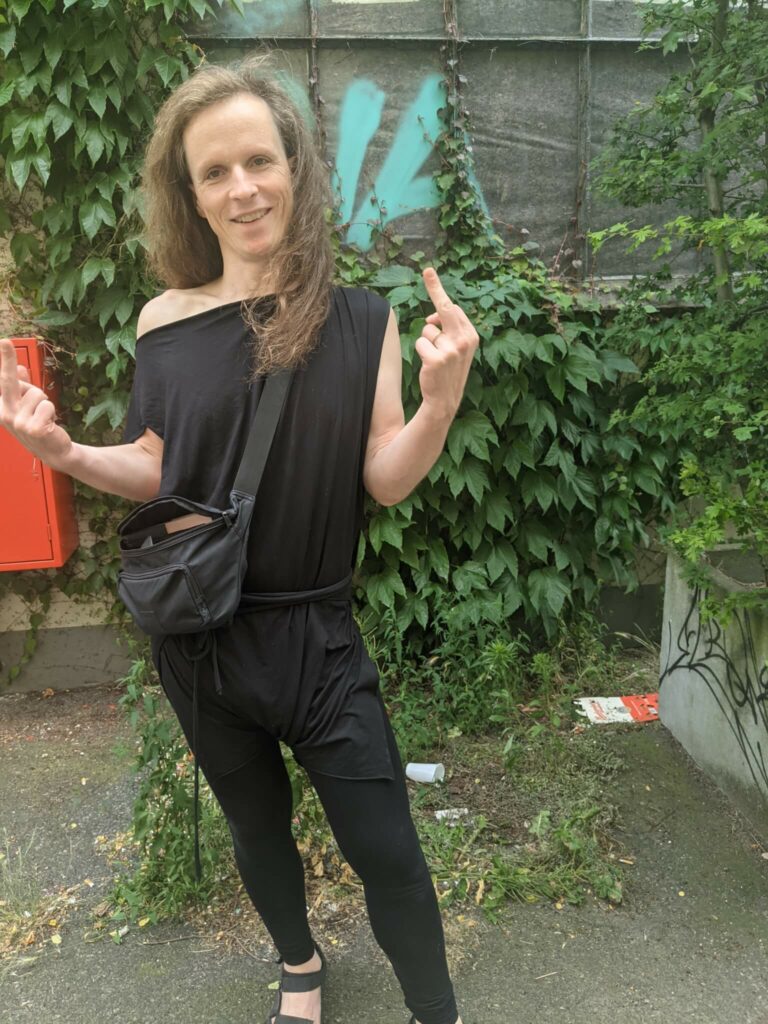
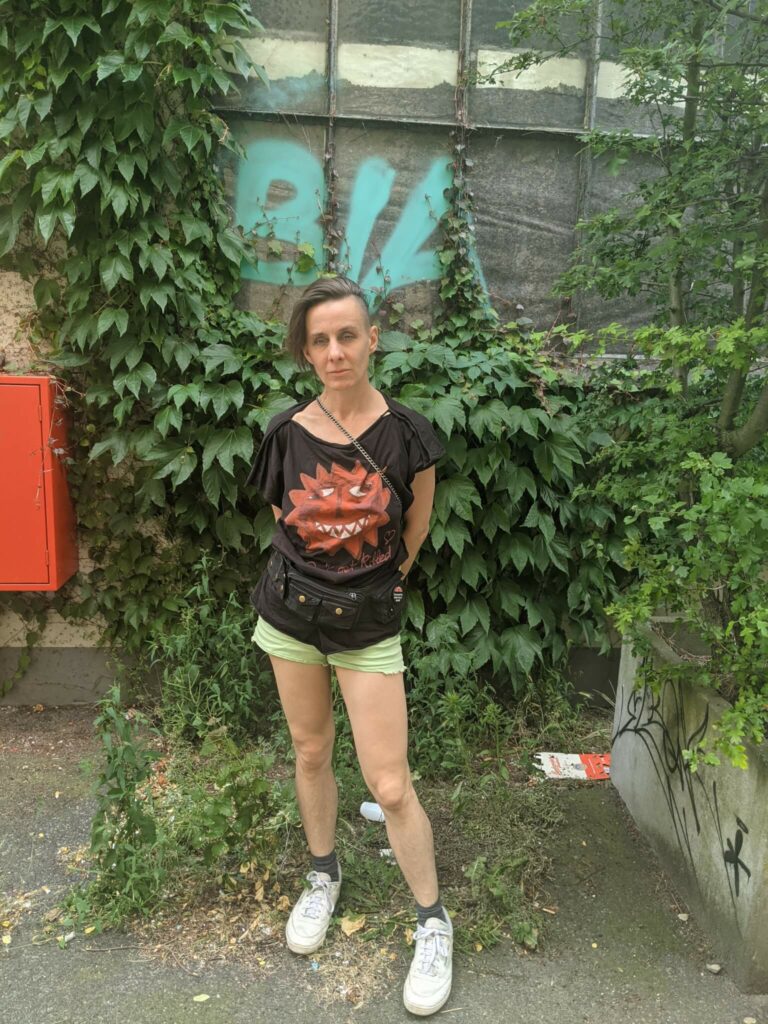
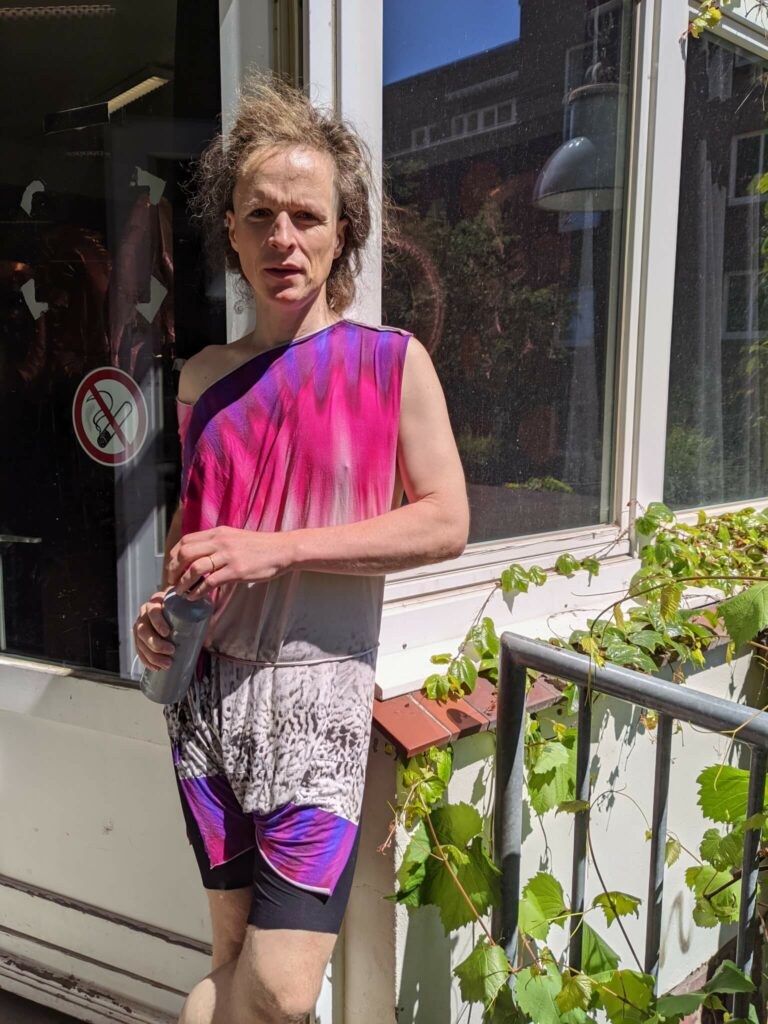
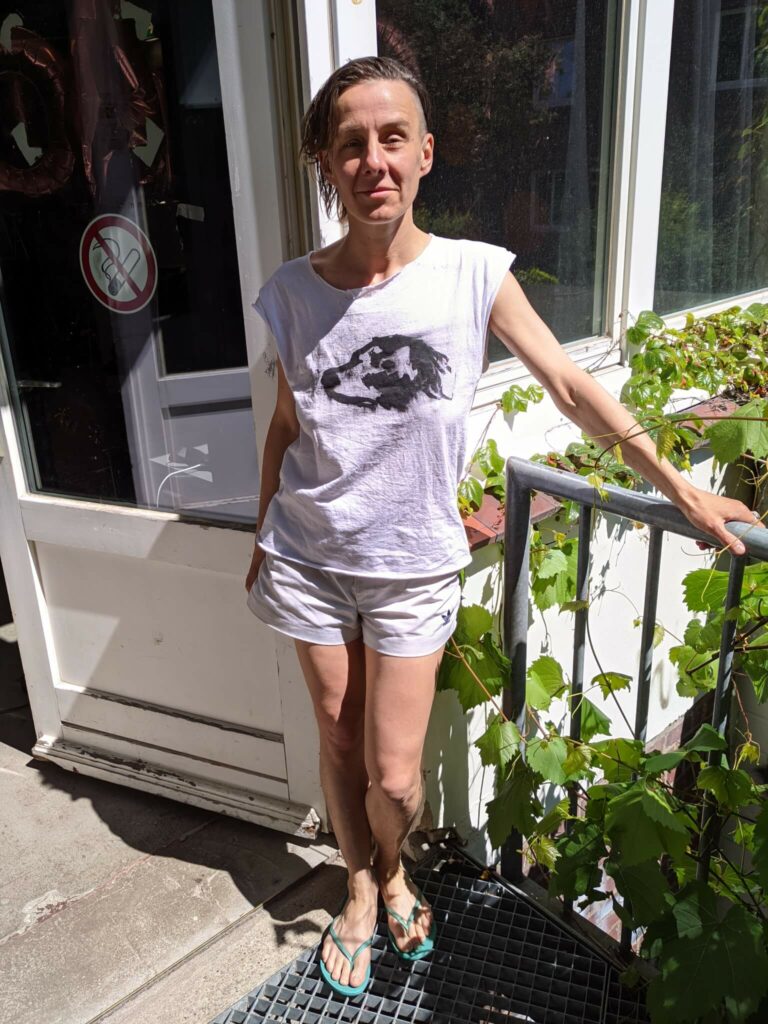
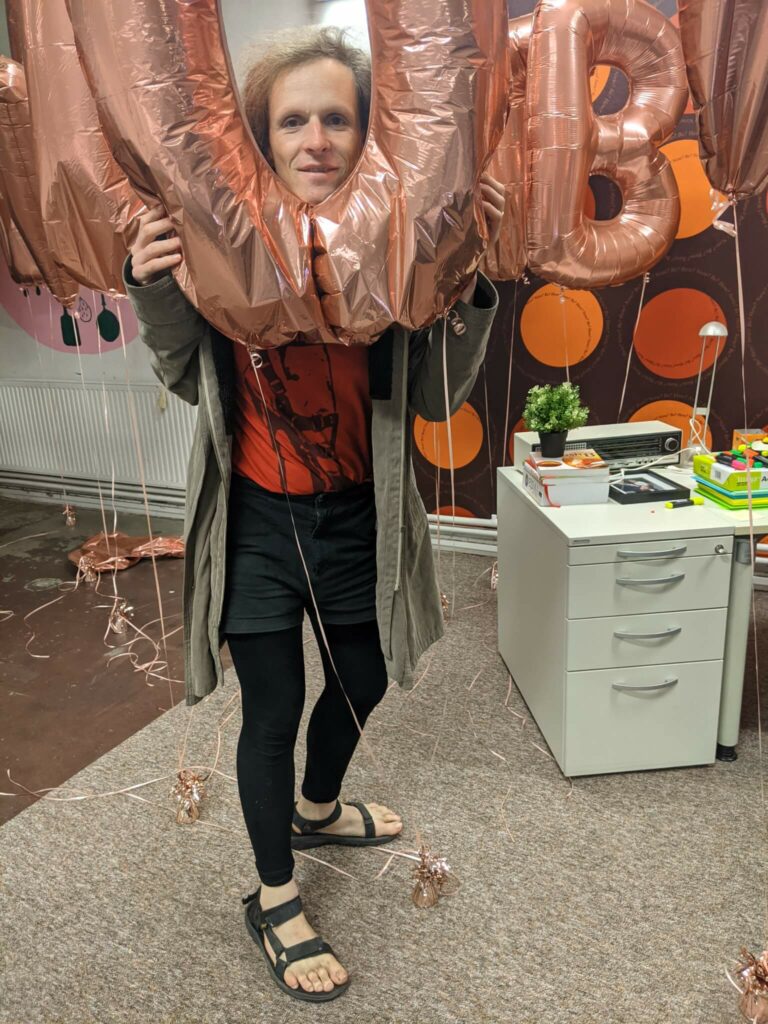
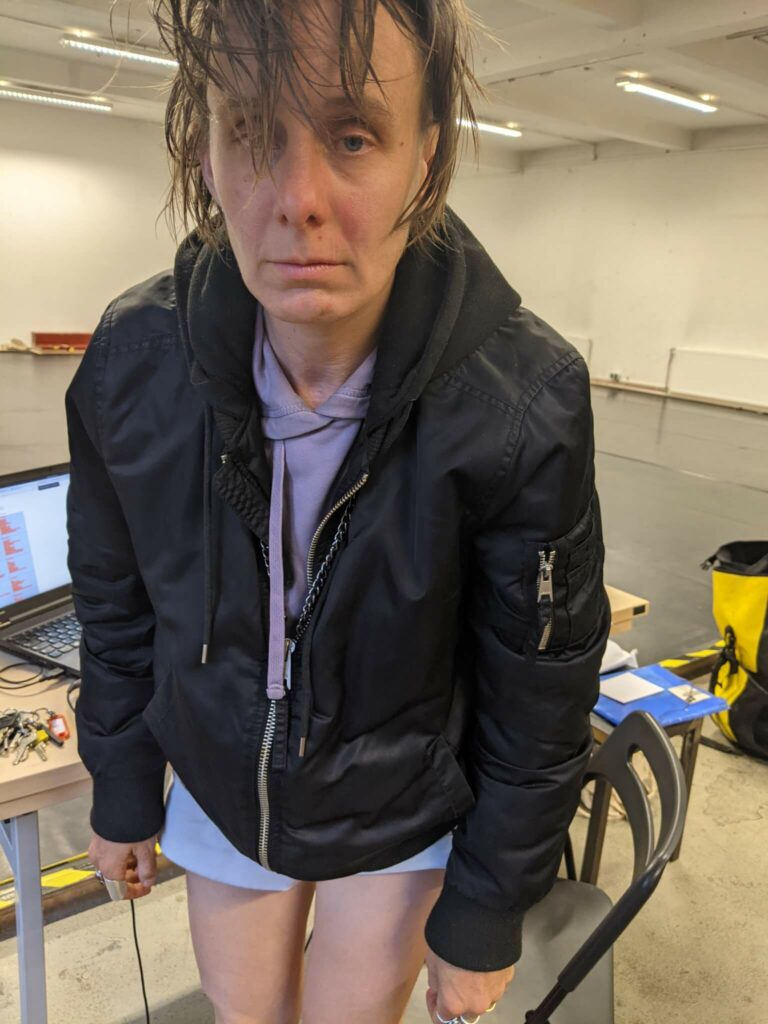
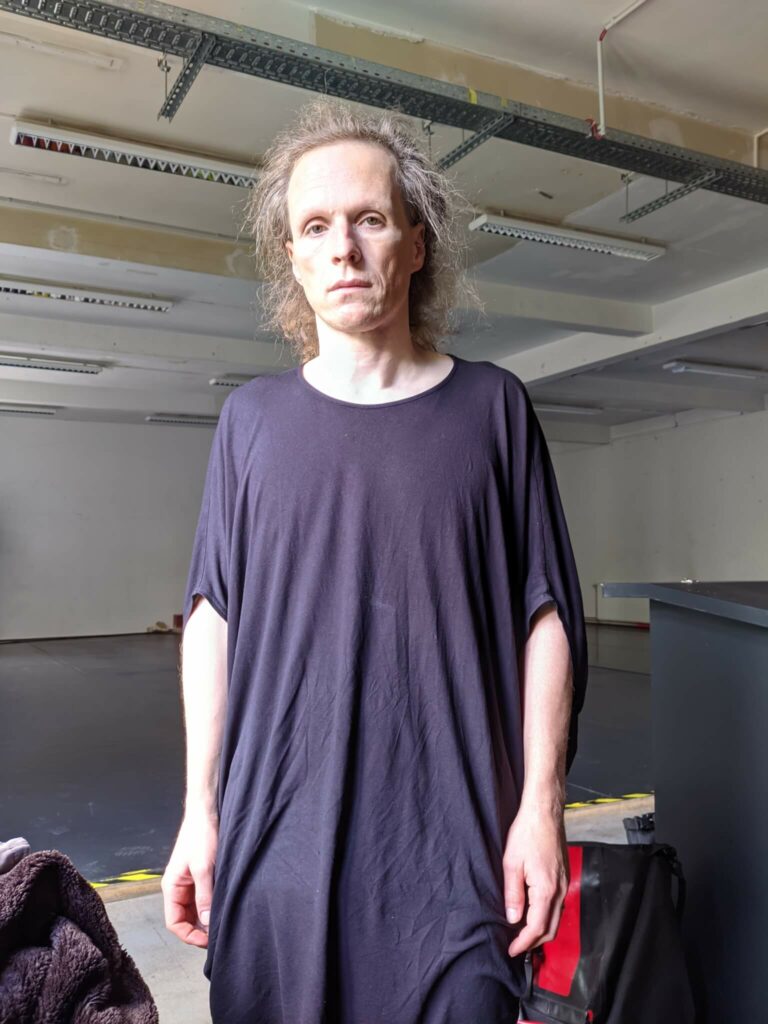
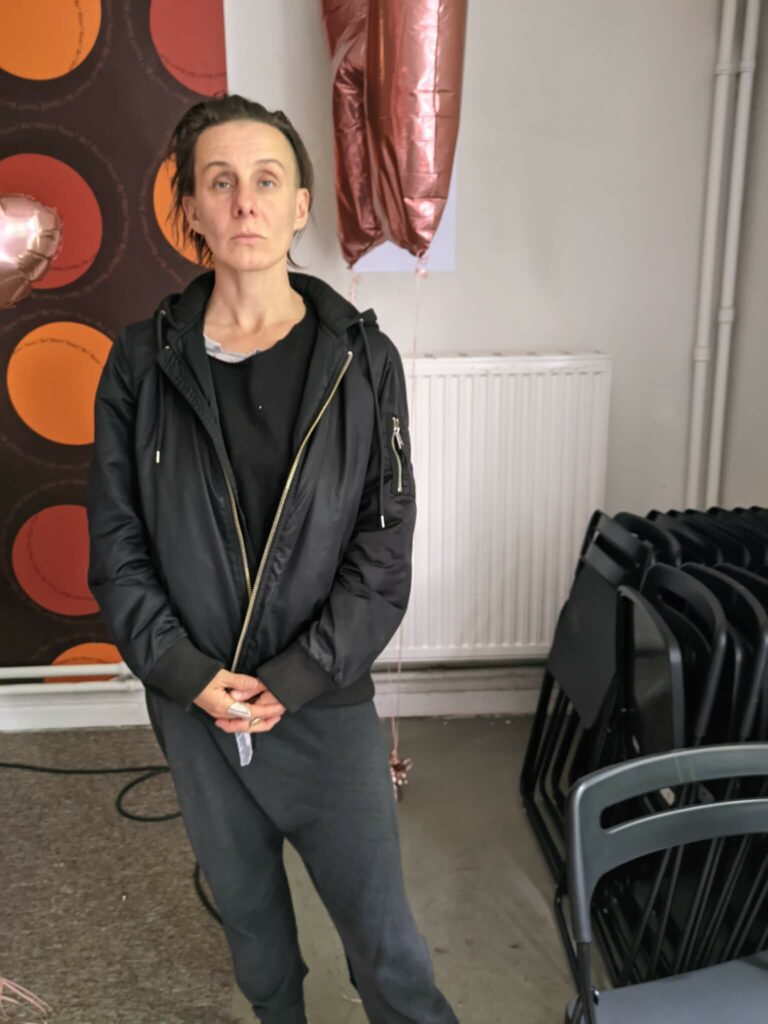
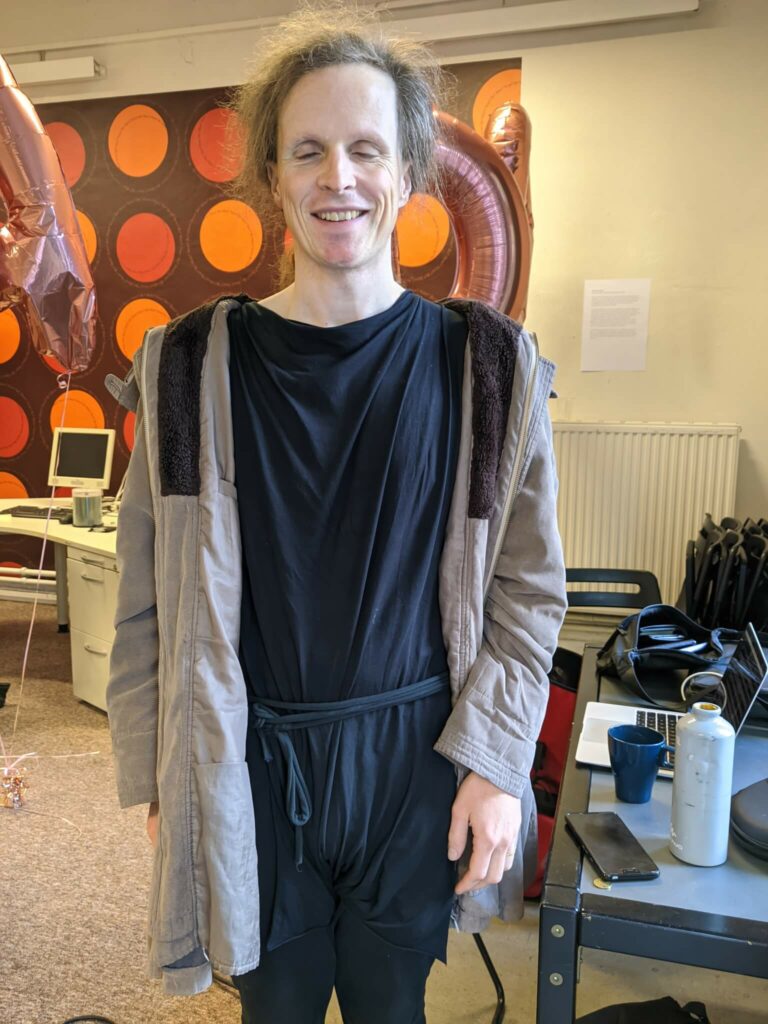
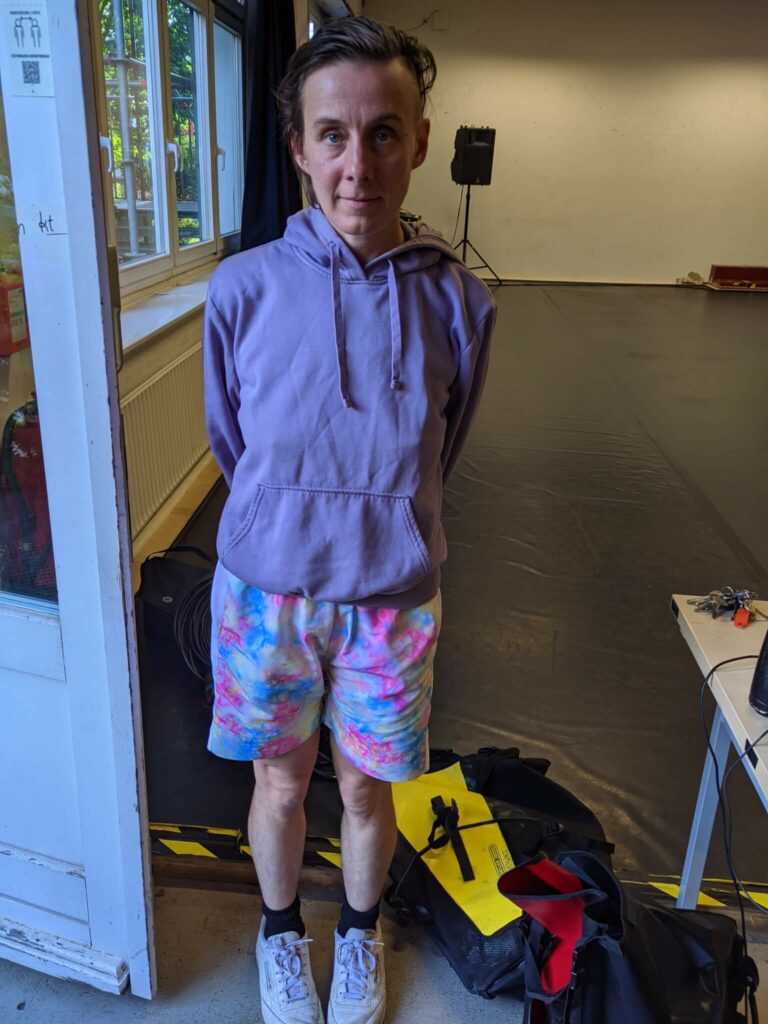
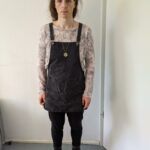
feces
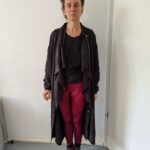
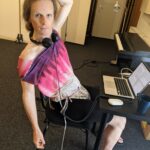
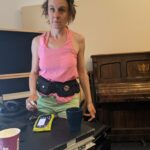
WEEKLY SCORE – READING GROUP: ANIMACIES
- choose a book
- find a physical location to gather
- set up an additional online location
- publicize the event regularly on our website and on social media
- gather every Monday
- read paragraph by paragraph, switching readers.
- Stop and address any and all misunderstandings of any word or concept
In this ongoing iterative performance, we show up in hybrid virtual and real spaces which are something chancing between Matka in Bucharest, Kampnagel Hamburg, Leftist Festival Lithuania, Synth Library Prague, Hopscotch Reading room Berlin, and the virtual space called “DISCORD” where we are joined by an AI called Craig. Craig is dressed like a bear, and/or his avatar looks like a bear but he sounds like a white man whose native language is English. Perhaps we should also dress like bears but instead we normally dress our absolute worst—we normally do not put on makeup or what someone would call “costumes”, but rather the most regular of our regular day wear because we have either biked very far and are sweaty or not biked far at all and have barely left our beds. These states of being have been reiterated over the past years of the global pandemic, practiced and well worn in, hard to let go of.
The reading group takes on the power dynamics of a space, of any space, of the theater space, which is also the sidewalk. The reading group is a stage and it is attached to the same problems of the theater. Why is it hard to get people to join a free event? Who should the target audience be—friends, close friends who already enjoy spending time together, but who may not be genuinely drawn to the topic? Or strangers—who are intellectually drawn to the topic but may not really enjoy spending time with each other? What pulls people together and keeps them independently connected? When an event is free, what makes people decide not to come? Is it because they have not made a monetary contract? Or because they have something else to do—something that is related to work and to economy and to earning money? Or something else which is more “fun”? What makes an intellectual pursuit “fun”, and is it a problem when it’s not? Does it feel like work, and therefore, do people desire to get paid for it? Does it feel like it feeds them intellectually which therefore makes them more viable in their fields, which then connects them to their careers and to work and therefore—they should be getting paid for it? Or is it, for some other reason, a very unattractive place to be?
Who has decided that we should read this text, and who is the author. Why have we given them the space to spend time with their words? Of course, we have reasons. Good reasons. Mel Y Chen has written a text called “Animacies: Biopolitics, Racial Mattering, and Queer Affect”, within which they discuss, among many other things, animacy heirarchies. Such heirarchies, which could be described using terms like: “alive, very alive and less alive” or “human, less human, less than human, nonhuman”, are inbuilt to our languages and to our social fabric, and index how we regard other things with respect and value. The text seems relevant to our work because we are thinking about field recording other humans and nonhumans, and a sense of respect (or lack of respect) must be inbuilt into the way in which we approach another human whom we record. Field recording is a relation in the moment. It is also a long term work of art, which will theoretically live—in some form. Understanding the animacy of the subject … Rather —interrogating the animacy of the subject—seems to be integral to understanding the relationship of the recording.
PERIODIC SCORE – OBSESSIVE FIELDTRIP
- Using the Daily Score “Full Transparency” described above, choose one object or process to obsessively follow.
- extend the minimal research from the index card and spend time finding out everything you can about the manufacturing process
- find out where the object or resource is manufactured
- visit the location
- come as close to the location as you possibly can and document yourself there
- if you can’t get inside the location, walk around the perimeter and document what is there
- stop and journal about your experience, what you see, hear, and experience
For this periodic score, we visited the Tesla Gigafactory in Grünheide Berlin-Brandenburg, opened by CEO Elon Musk in March 2022. The factory aims to produce around 500,000 electric vehicles annually.
